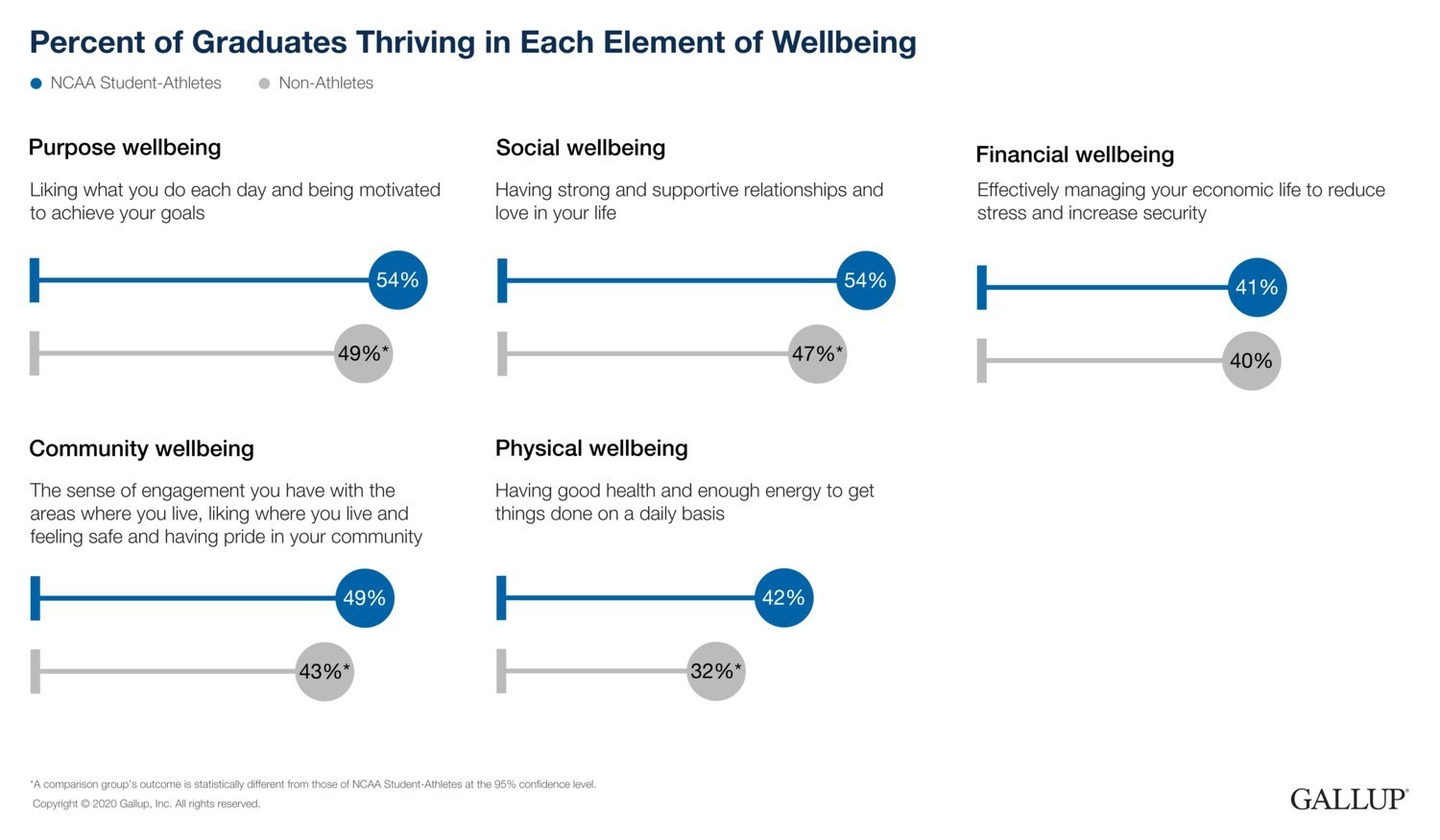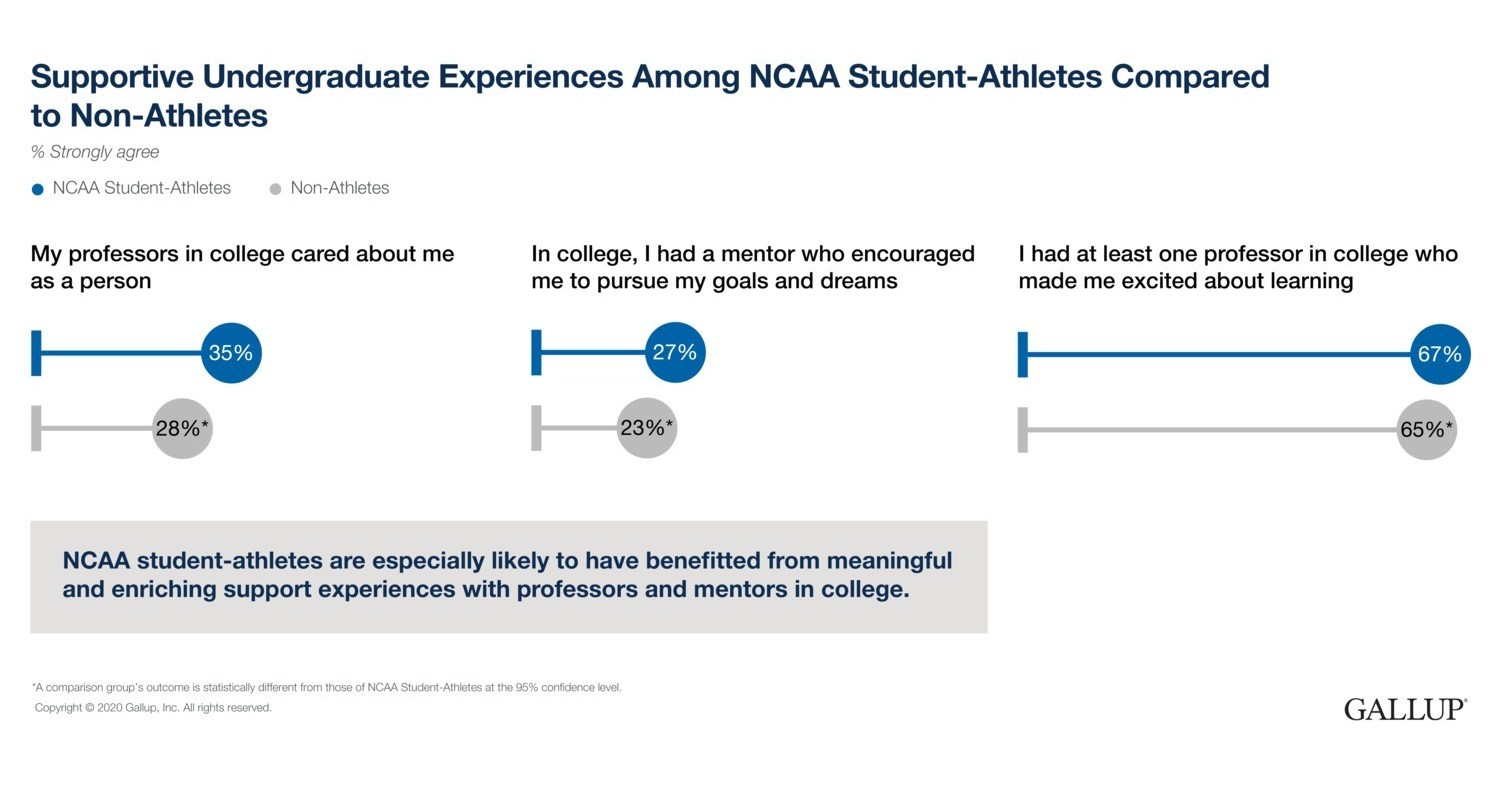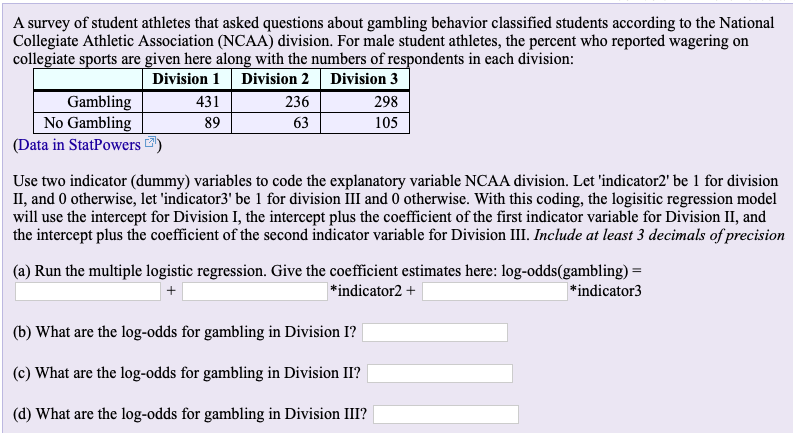Ncaa Student Athlete Gambling Policy
- Gambling and sports wagering behaviors are initiated long before college for many NCAA student-athletes. Thirty-one percent of NCAA men and 14% of NCAA women gamblers had their first such experience prior to entering high school. Only 12% of men and 31% of women in the 2016 survey who had ever gambled indicated that they first gambled in college.
- . When student-athletes gamble, they break the law and jeopardize their eligibility. When student-athletes become indebted to bookies and can’t pay off their debts, alternative methods of payment are introduced that threaten the well-being of the student-athlete NCAA Policy. The NCAA membership has adopted specific rules prohibiting.
- Number Of Ncaa Student Athletes
- Ncaa Student Athlete Portal
- Ncaa Student Athlete Registration
- Paying Student Athletes Ncaa
- Ncaa Student Athlete Handbook
- Ncaa Student Athlete Gambling Policy 2020
- Ncaa Student Athlete Employment Rules
Number Of Ncaa Student Athletes
NCAA athletes, coaches, and athletic staff members are prohibited from participating in ANY sports wagering activity, AND are prohibited from providing information to individuals involved in any gambling activity (such as telling a friend or classmate that a point guard or pitcher is injured and won’t be completely healthy in an upcoming game).
The NCAA defines a “wager” as a person agreeing to give up an item of value (entry fee, a shirt, a dinner) in exchange for the opportunity to receive another item of value, so even a bet over a meal or a t-shirt would be a violation of NCAA gambling legislation.
With the NCAA “Final Four” tournament bracket being revealed on Selection Sunday, athletes may be tempted to participate in a “pool” to fill out their tournament bracket.
This is only possible
if they do so for bragging rights alone,
and no “item of value” is involved.
Results of a 2012 study that the NCAA commissioned found that 57 percent of male student-athletes and 39 percent of female student-athletes reported gambling in some form during the past year, with those student-athletes in Division I reporting the lowest incidence of gambling (50 percent for males; 30 percent for females).

In fact, I recall a few years ago when a college golfer was suspended because he participated in a “pool” with his father and his father’s golfing buddies. When the athlete’s father posted on his Facebook page that his son had won the pool, athletic administrators at his school learned of the post, and the athlete was suspended.
Ncaa Student Athlete Portal
Also, just within the last two weeks, five University of Richmond baseball players were suspended for their involvement in a fantasy football league. They are ineligible for competition until the NCAA reviews and completes the eligibility reinstatement process.
Ncaa Student Athlete Registration
If you have questions regarding NCAA rules on gambling and how they apply to student-athletes, contact us at 913-766-1235 or send an email to rick@informedathlete.com
Paying Student Athletes Ncaa


Ncaa Student Athlete Handbook

Ncaa Student Athlete Gambling Policy 2020
Sports Wagering
Ncaa Student Athlete Employment Rules
NCAA rules prohibit participation in sports wagering activities and from providing information to individuals involved in or associated with any type of sports wagering activities concerning intercollegiate, amateur or professional athletics competition. Sports wagering has the potential to undermine the integrity of sports contests and jeopardizes the well-being of student-athletes and the intercollegiate athletics community. It also demeans the competition and competitors alike by spreading a message that is contrary to the purpose and meaning of 'sport.' Sports competition should be appreciated for the inherent benefits related to participation of student-athletes, coaches and institutions in fair contests, not the amount of money wagered on the outcome of the competition.